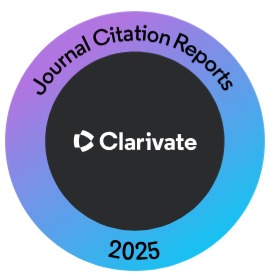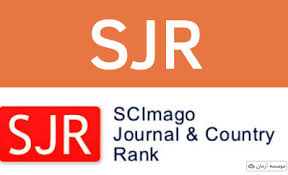The Effect of Jigsaw Cooperative Learning Method on Students Performance in the Class Assessment Test (CAT): A Quasi Experimental Study
Abstract
OBJECTIVE: To evaluate the difference between jigsaw cooperative learning and the traditional method on the students' performance in the CAT.
METHODOLOGY: This quasi-experimental study was completed at Indus College of Nursing & Midwifery Karachi. The data was collected from April to September 2021. The total sample size was 60. Male and female of 3rd year nursing students were included. The participants were approached by using the nonprobability consecutive sampling method. SPSS version 22.0 was used for data entry and interpretation.
RESULTS: Out of 60 participants, 52% were male. A large number of 49 (82%) respondents were between18-22. Thirty-one subjects (52%) education level was matriculation. A significant difference was found between pre and post-test(7.03±2.44 & 14.48±2.45) of both traditional (lecture) and jigsaw groups with substantial (0.00) p-value. Gender knowledge found dissimilarity that females of study slightly remained at higher side than men in pre-test and post-test of knowledge and both conditions p-value was insignificant.
CONCLUSION: It was concluded that the participants' knowledge was measured with a paired t-test, which result is similar in both groups, but no difference was found in the lecture and jigsaw method among participants.
KEYWORDS: Jigsaw Method, Traditional Teaching Method, Student's Performance
Downloads
Published
How to Cite
Issue
Section
License
Copyright (c) 2022 Journal of Liaquat University of Medical & Health Sciences

This work is licensed under a Creative Commons Attribution-NonCommercial-ShareAlike 4.0 International License.
Submission of a manuscript to the journal implies that all authors have read and agreed to the content of the undertaking form or the Terms and Conditions.
When an article is accepted for publication, the author(s) retain the copyright and are required to grant the publisher the right of first publication and other non-exclusive publishing rights to JLUMHS.
Articles published in the Journal of Liaquat University of Medical & health sciences are open access articles under a Creative Commons Attribution-Noncommercial - Share Alike 4.0 License. This license permits use, distribution and reproduction in any medium; provided the original work is properly cited and initial publication in this journal. This is in accordance with the BOAI definition of open access. In addition to that users are allowed to remix, tweak and build upon the work non-commercially as long as appropriate credit is given and the new creations are licensed under the identical terms. Or, in certain cases it can be stated that all articles and content there in are published under creative commons license unless stated otherwise.























